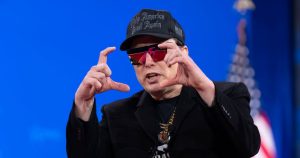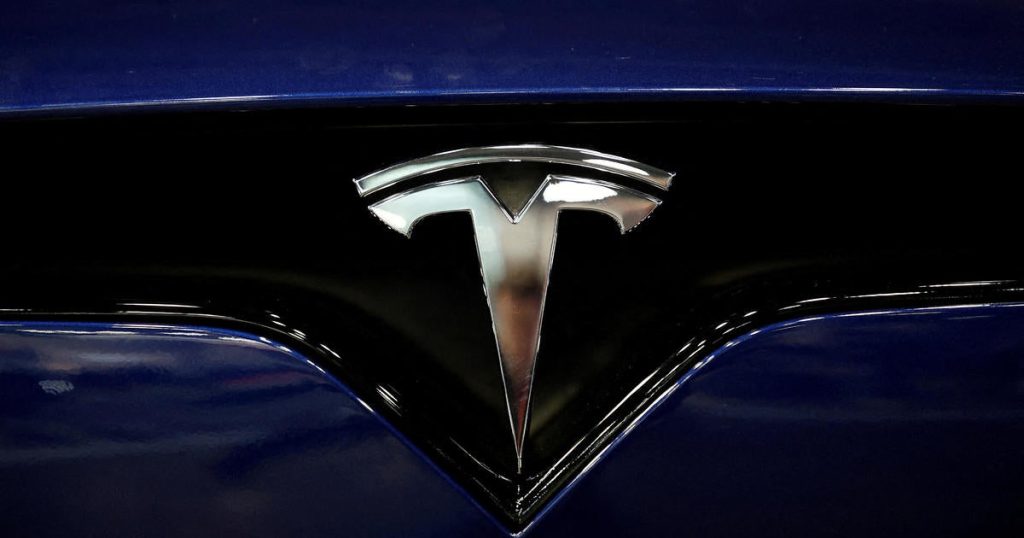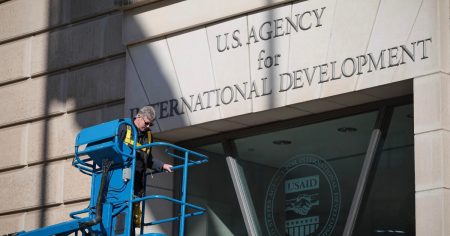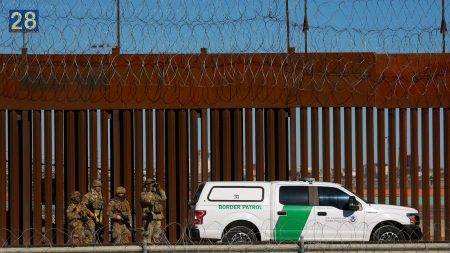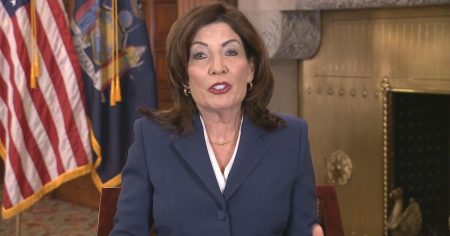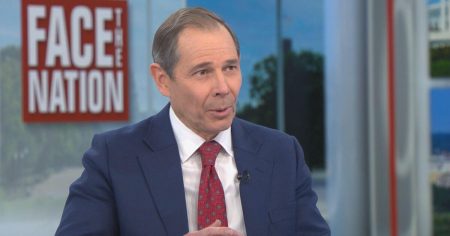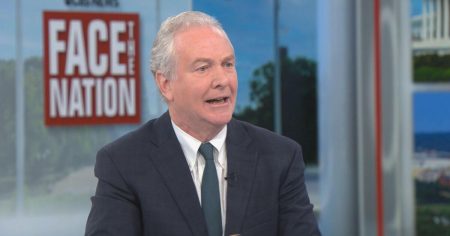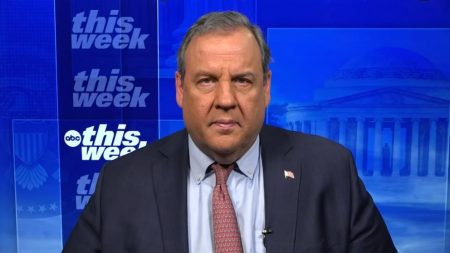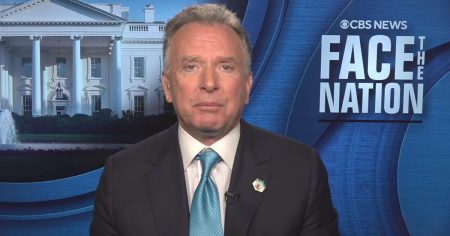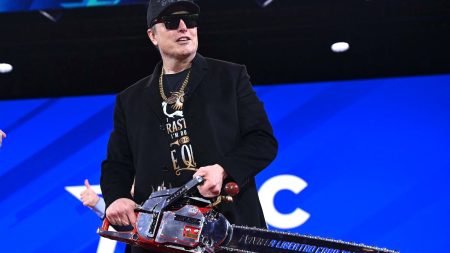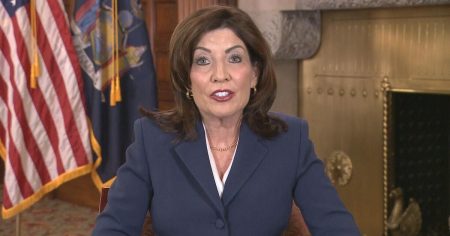Tesla’s Aggressive Legal Strategy in China and Its Broader Implications
Zhang Yazhou’s Nightmare: A Customer Sued by Tesla
Zhang Yazhou’s life took a dramatic turn when her Tesla Model 3 was involved in a crash in February 2021. Her father, who was driving, lost control of the vehicle, leading to a collision with an SUV and a sedan before crashing into a concrete barrier. Zhang, who was in the passenger seat, was left shaken but unharmed. However, what followed was even more harrowing. Tesla would eventually sue her for defamation after she publicly criticized the car’s brakes, and the court ruled in Tesla’s favor, ordering Zhang to pay over $23,000 in damages and issue a public apology.
Zhang’s ordeal began when she insisted that the brakes had malfunctioned, leading to the crash. She took her grievances public, protesting outside a Tesla dealership in Zhengzhou and at an auto show in Shanghai. Her actions, which included displaying a banner that read "Tesla Brake Failure" and shouting slogans, went viral on Chinese social media. However, Tesla responded by suing her for defamation, claiming her public complaints had damaged the company’s reputation. Despite her protests, Zhang was unable to prove that the brakes had failed, and the court ruled against her. She has since appealed the decision, arguing that she has the right to criticize a company as a consumer.
Tesla’s Aggressive Legal Strategy andIts Impact on Customers
Zhang’s case is not an isolated incident. Over the past four years, Tesla has sued at least six car owners in China who publicly criticized the company for alleged mechanical failures or safety issues. Tesla has also targeted bloggers and media outlets that have published critical reports about its products or business practices. The Associated Press found that Tesla has won all eleven cases for which verdicts could be tracked, with two cases still pending appeal and one settled out of court.
Tesla’s legal strategy has raised concerns about its treatment of customers and its apparent disregard for transparency and accountability. The company’s actions have also highlighted the challenges consumers face when attempting to hold the automaker accountable. For instance, when Zhang requested the pre-crash data from her Tesla to investigate the cause of the accident, Tesla refused to provide it. Only after Zhang’s public protests did Tesla release the data, but it was published with her vehicle identification number, leading to online harassment and doxing directed at Zhang and her family.
The legal landscape in China further stacks the odds against Tesla’s customers. An AP review of court filings revealed that car owners who sued Tesla over safety and quality issues won just nine out of 81 cases. Industry experts describe Tesla’s success rate in Chinese courts as unprecedented and suspect that the company may be receiving "special treatment" due to its close ties with the Chinese government.
Tesla’s Ties to China’s Communist Party andIts Commercial Success
Tesla’s success in China is deeply intertwined with its relationship with the Chinese government. The company has benefited immeasurably from state largesse, including regulatory benefits, low-interest loans, and tax breaks. Tesla’s Shanghai factory, which opened in 2019, was built with the support of Li Qiang, the former party boss of Shanghai and now China’s premier. Li’s backing allowed Tesla to retain full control over its operations in China, a privilege no other foreign automaker had enjoyed before.
The partnership between Tesla and the Chinese government has been mutually beneficial. Tesla has emerged as a key player in China’s electric vehicle (EV) market, helping to drive the adoption of new energy vehicles. Today, over half of the passenger vehicles sold in China are electric, a remarkable transformation from the mere 5% market share EVs held before Tesla’s arrival. Chinese companies like CATL, a major Tesla supplier, have also thrived, becoming the world’s largest EV-battery maker.
However, critics argue that Tesla’s cozy relationship with the government has come at the expense of consumer rights. The company’s ability to silence critics through lawsuits and its influence over media coverage have created an environment where customers feel powerless to challenge the automaker. As one lawyer noted, Tesla’s "super status" in China has left consumers in a vulnerable position, forcing some to resort to extreme measures to have their voices heard.
Elon Musk’s Influence in China and the United States
Elon Musk’s influence in China extends beyond Tesla’s commercial success. Musk has cultivated a close relationship with Chinese leaders, including Li Qiang, whom he reportedly meets during his visits to Beijing. This relationship has allowed Tesla to navigate the complexities of China’s regulatory and political landscape with ease. Musk has also become a key figure in the Trump administration, leading efforts to shrink the size of the federal government and oust employees deemed disloyal to the president. His actions have raised concerns that he is undermining the U.S. system of checks and balances to benefit his companies.
In the United States, Tesla has also faced numerous safety complaints and lawsuits over issues such as its Autopilot function, battery fires, and sudden acceleration. While some cases have been dismissed or settled out of court, Musk has expressed interest in suing media outlets for negative coverage of his company. However, unlike in China, Tesla has not yet sued any of its U.S. customers for speaking out. This contrast highlights the starkly different legal and political environments in which Tesla operates in China and the United States.
Tesla’s Suppression of Critical Media Coverage
Tesla’s aggressive legal strategy in China extends beyond its customers. The company has also sued bloggers and media outlets that have published critical reports about its products or business practices. Two Shanghai-based journalists told the AP that there is an unwritten rule to avoid negative coverage of Tesla, as it is considered a "key company" protected by the Shanghai government. Those who have defied this rule have faced legal consequences.
For instance, Tesla sued the media outlet PingWest over a report that described its Shanghai factory as a "sweatshop." The outlet was forced to apologize and pay Tesla $13,700 in damages. Another media outlet, ifeng.com, was sued over a story about car owners who had fought Tesla over safety issues. The outcome of that case is unknown. While other Chinese companies, such as BYD and Li Auto, have also pursued defamation cases against critics, Tesla’s actions stand out for their breadth and intensity.
The Broader Implications of Tesla’s Actions
Tesla’s actions in China have raised important questions about the balance of power between corporations and consumers, as well as the role of government in regulating industries. While Tesla’s success in China has helped to drive innovation and growth in the EV sector, it has also highlighted the challenges of holding powerful companies accountable for their actions.
For consumers like Zhang Yazhou, the experience of being sued by Tesla has been both financially and emotionally devastating. Zhang’s case serves as a cautionary tale about the risks of speaking out against a company with deep pockets and political influence. Her story also underscores the need for greater transparency and accountability in the automotive industry, particularly when it comes to safety concerns.
As Tesla continues to expand its operations in China and elsewhere, its relationship with governments and its treatment of critics will remain under scrutiny. The company’s ability to silence dissent through legal action has created a chilling effect, discouraging others from coming forward with legitimate concerns. This raises important questions about the future of consumer rights and free speech in an era where corporations wield unprecedented power.
In the end, Zhang’s case is a reminder that even as companies like Tesla push the boundaries of innovation, they must also be held accountable to the consumers who trust them with their safety and well-being. The outcome of her appeal, and the broader implications of Tesla’s legal strategy, will be closely watched by consumers and regulators around the world.

